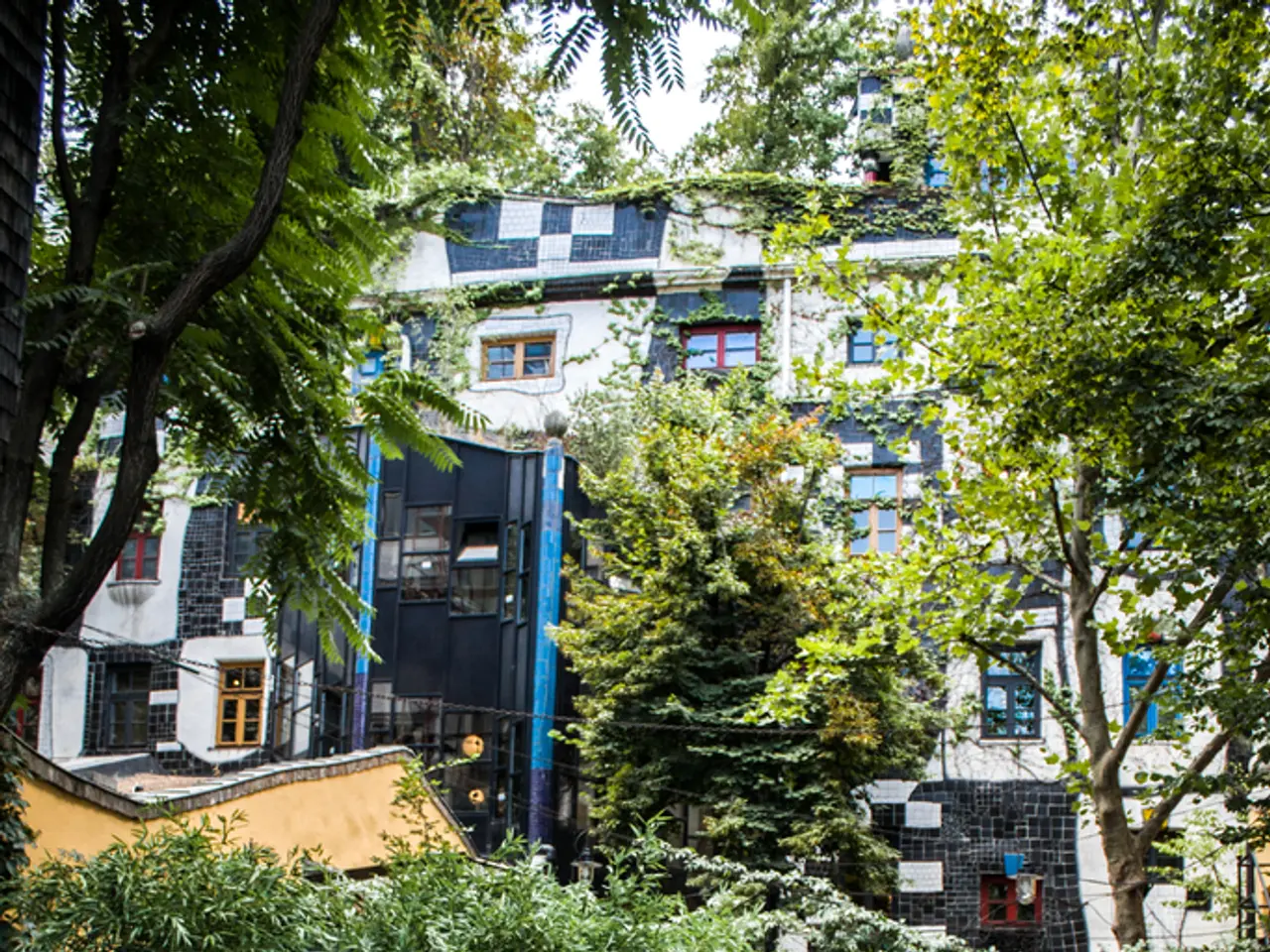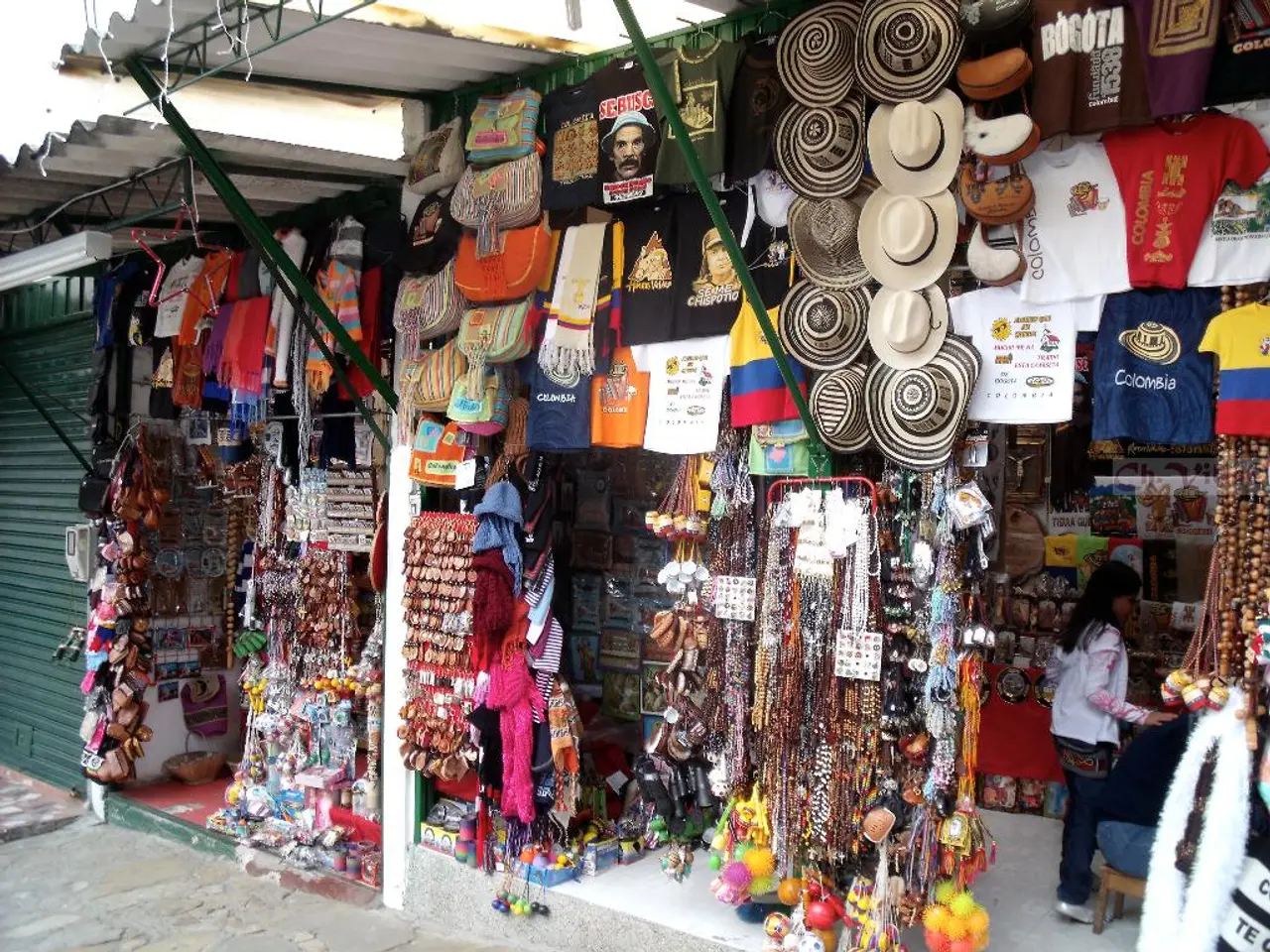Collaborative Efforts Taken Up for Cooling Initiative
Vietnam is taking significant steps towards a sustainable and climate-resilient future, with the National Cooling Action Plan (NCAP) aiming to transition the country's cooling systems, improve energy efficiency, and strengthen refrigerant management.
However, challenges in evaluating and funding green cooling projects persist, primarily due to a lack of comprehensive market data, technical complexity, limited financial incentives, and capacity gaps in workforce and technical expertise. These issues are hindering the effective implementation and maintenance of green cooling systems.
To address these challenges collaboratively, consulting agencies and banks can play complementary roles within the NCAP framework. Consulting agencies can provide technical evaluation, market analysis, and transition planning, while banks can design innovative financing models to reduce investment risks. Both parties can also establish joint frameworks for capacity building, ensuring that technicians and workers are trained in green cooling technologies and climate resilience.
Through regular coordination and data sharing, these collaborations can update and adapt financing structures and technical approaches in response to evolving market conditions, technology shifts, and policy changes within the NCAP. This collaboration will enable Vietnam to accelerate the deployment of green cooling technologies, balancing economic growth with environmental sustainability, while effectively managing the risks associated with innovative cooling projects.
The draft NCAP projects that active cooling solutions could save 9.91 million MWh by 2030 and 69.37 million MWh by 2050. The Nation's Official Cooling Plan is currently under development, with the DCC supporting proposals to establish partnerships for refining the draft NCAP and implementing projects effectively.
International organisations like the United Nations Economic and Social Commission for Asia-Pacific and the Cool Coalition from the UN Environment Programme have provided technical support to Vietnam in this endeavour. The June meeting on the NCAP, organised by Energy and Environment Consulting (VNEEC) in collaboration with the Department of Climate Change (DCC) and the Southeast Asia Energy Transition Partnership (ETP), underscored the importance of a long-term vision for emission reduction in the cooling sector.
John Robert Cotton, senior programme manager at the ETP, emphasised the need for a comprehensive and implementable national cooling plan that reflects the priorities, perspectives, and technical insights of all relevant stakeholders. Nguyen Dang Thu Cuc, deputy head of the GHG Emission Reduction and Ozone Layer Protection Division under the DCC, stated that cooling is now an integral part of the national climate strategy.
Agribank has arranged green finance or sustainable finance frameworks for projects promoting energy efficiency or reducing greenhouse gas emissions. To further facilitate this, the Agribank representative suggested creating a handbook for the national cooling program to assist businesses and banks in self-assessing project eligibility for funding.
As urbanization, rising incomes, and increasingly frequent and intense heatwaves drive up cooling demand in Vietnam, the implementation of the NCAP offers an opportunity for cross-sectoral and regional coordination, particularly encouraging active participation from businesses and communities. If no control measures are implemented, the cooling sector could account for nearly 10% of national GHG emissions by 2030. The implementation roadmap of the NCAP aims to reduce hydrofluorocarbon consumption by 80% by 2045.
The cooling sector significantly contributes to global electricity consumption, estimated at 20%. With the collaborative efforts of various stakeholders, Vietnam is poised to lead the way in sustainable and climate-resilient cooling solutions, setting an example for other countries to follow.
- The collaborative efforts between consulting agencies, banks, and international organizations, such as the United Nations Economic and Social Commission for Asia-Pacific and the Cool Coalition from the UN Environment Programme, can help address challenges in funding and implementing green cooling projects in Vietnam by providing technical support, innovative financing models, and capacity building.
- To balance economic growth with environmental sustainability in Vietnam's cooling sector, it is essential for businesses to participate in the implementation of the National Cooling Action Plan (NCAP) and for banks to create green finance or sustainable finance frameworks for projects promoting energy efficiency or reducing greenhouse gas emissions, as demonstrated by Agribank's initiatives.




